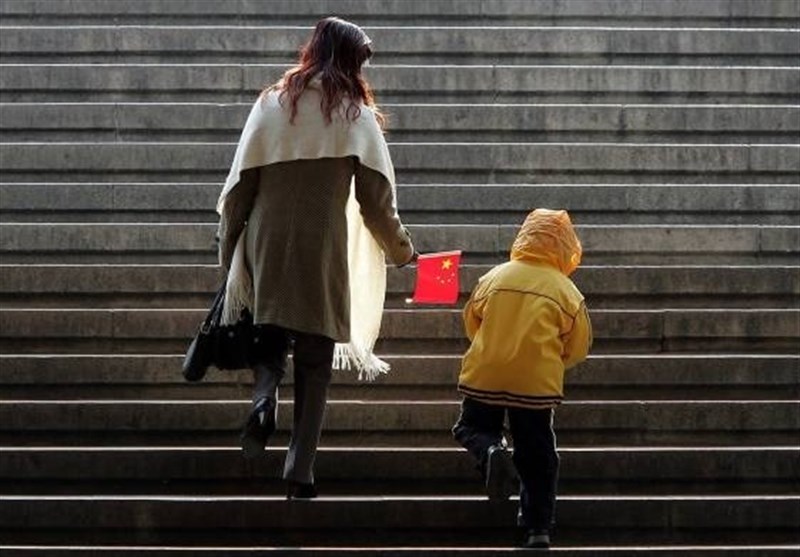This China’s policy aims to improve the demographic and population structure of the country and effectively face the problem of aging population and maintaining the advantage of human resources. Earlier in 2013, China had permitted the birth of the second child in Chinese families. In fact, this policy is the third general population policy of China. In 1980, China pursued the one-child policy in order to control its rapid population growth. Such a U-turn in policy was indeed the second turning point in China considering the ideology ruling that country. Mao believed that every child has one mouth to feed but two hands to work and therefore he promoted the policy of population increase. It was in 1980 that this policy changed to the population control or family planning. It seems that the sharp decrease in the birth rate in China in 2020 was the main reason behind its new policy of child allowance.
Many countries with low and middle income would experience aging population because they believe that it would result in lower economic growth and more pressure on public spending; yet, population aging would lead to greater investment and productivity. In countries where population is sharply aging, people should allocate a greater portion of their age to economic activity. In general, the political reactions of most governments to the shock of aging population can be divided into two categories: encouraging families to have more children and inspiring people to continue productive activities for a longer period of their life. In some countries, the most powerful tool to confront the reducing number of workforce in an aging population is to increase the participation and contribution of female workforce. This strategy includes policies that would facilitate a balance between labor and family life.
Studies have indicated that child benefits are an important tool but financing care for the elderly is as important as in general, the female members of a family would shoulder this duty. Measures that could lift the burden of care duties in family from the shoulders of women have twofold benefits: women who enjoy the talent and interests other than offering long-term care can pursue their wishes and interests and such pursuance would create demand for providers of home care services. In some cases, social insurance debts are considered as a threat to attract hard-to-find resources in proportionate with the aging of population.
One can place the China’s approach in the group of reactions that would end in more childbirth. The high supply of workforce in China has been one of the main advantages of it in global competition which has been created due to reducing costs of manufacturing goods and has boosted the infiltration of Chinese commodities across the world. Therefore, compensating population aging is not a sole population concern for Chinese policy makers because when population ages, the supply of young workforce would diminish and its price would go high and China is ripped of such a benefit. However, the goals of the new Chinese population policy cannot be limited to this. More population requires more facilities and grounds for breeding, boosting and accumulating human capital. Economic, social and political pressures would lead to the escape of young population and can neutralize the impact of population policy or even in case of the non-coordinated development of infrastructure and facilitation of business, countries would fall into the population trap; this means the population growth rate would outpass the growth rate of the GDP. China’s new approach in expanding its presence in various countries of the world would expose some parts of this policy. Population increase to confront the outcomes of aging population alongside directing population to countries under influence or partnership would realize China’s two main goals: increased China’s supremacy in global economy (or the Chinazation of the world) and increased income for the population in China if they move to other countries. Therefore, China’s new approach in promoting more childbirth is not aimed at reforming the population pyramid but it would pursue far visions for more Chinese supremacy in the world economy.










0 Comments